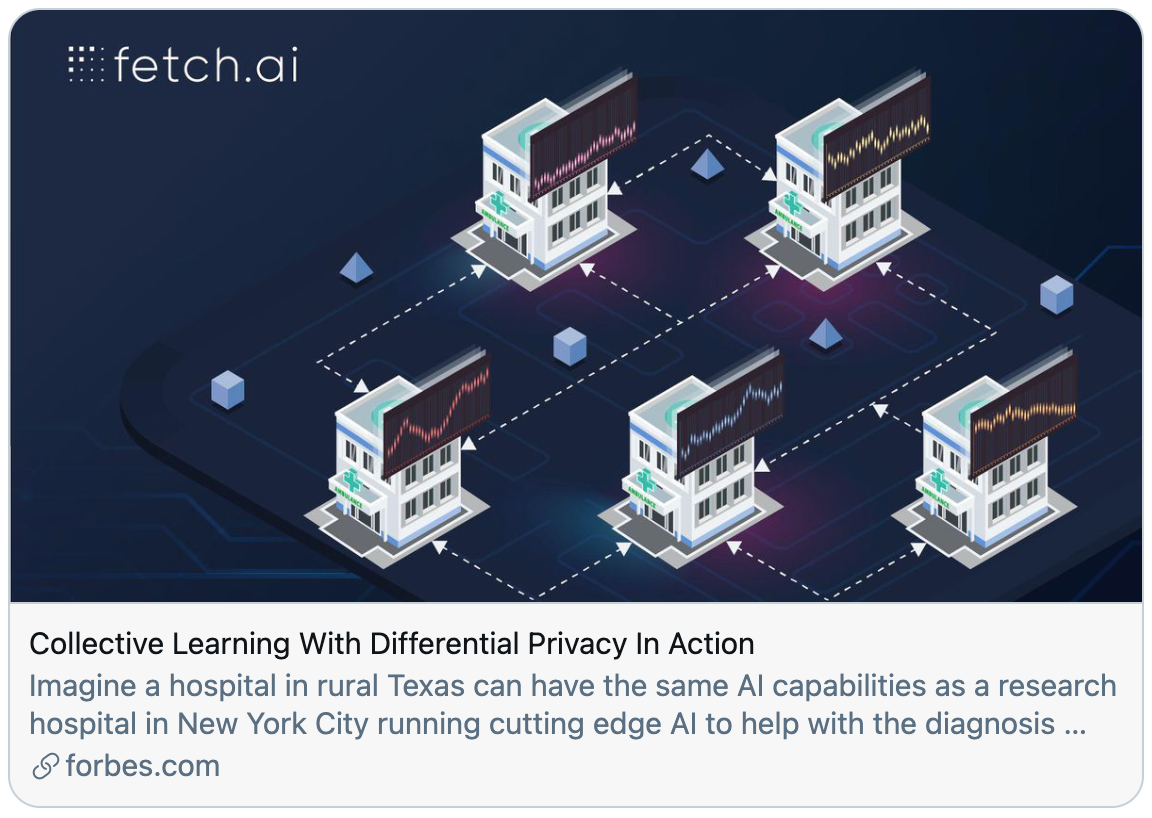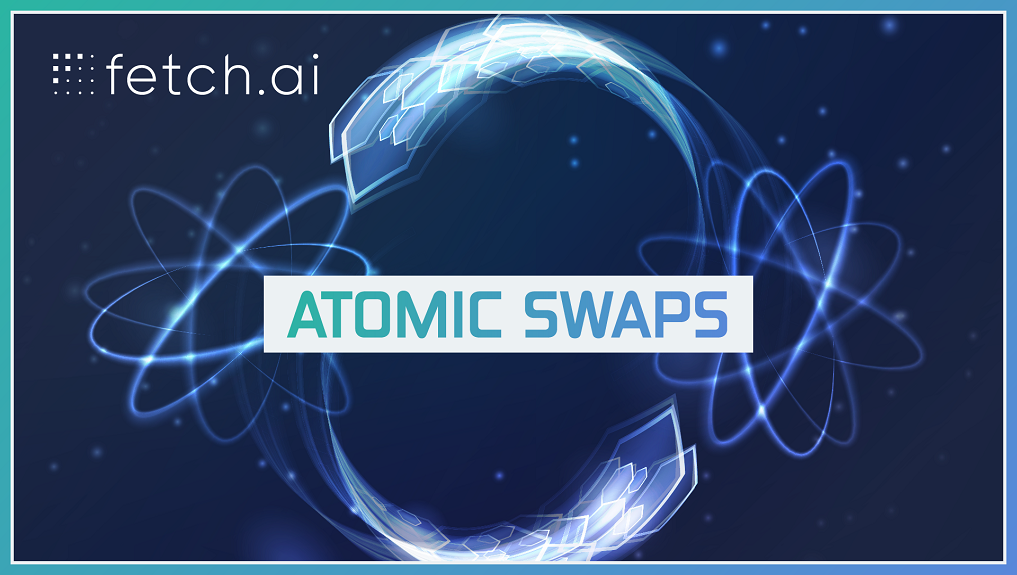

Freed from the meddling of the intermediaries, both the data and devices which exist on the Fetch.AI platform can now “sell” themselves independently, powered by Fetch Tokens (FET). With the help of machine learning technology linking the ledger with the agents in the field, the data which was previously considered to be of no economic value can now become the foundation of the emerging industries. Fetch.AI and its FET token reduce the need for having human or corporate intermediaries control the access to the hub of knowledge created by the digital datasphere.As the agents become representatives of diverse data, devices and services, they are turned into useful tools for a host of data analysts and market experts looking forward to improving the delivery of various services. Fetch's autonomous agents thus become valuable to those who need their data, without being necessarily aware of it.

For example, a Fetch agent can detect weather conditions by being connected to the vehicle’s windscreen wiper and forward that information to the digital ecosystem with the goal of easing the delivery of appropriate services relevant to that information. Its Open Economic Framework should allow for making the data created by the Internet-of-things (IoT) devices a commodity which can be sold based on the fact that its agents will reside in each of these devices. Adequate utilization of the user-generated data is one of the priority tasks in the Fetch’s digital economy model. Fetch.AI wants to establish an Open Economic Framework (OEF) as en ecosystem in which the agents and digital data interact while delivering top performance at a lower cost.These users will be recruited among the individuals, companies and governmental bodies, while the range of tasks the agents can perform is virtually limitless, from checking the availability of flight tickets to developing weather models or supply chain optimization. Despite not being previously exposed to diverse challenges, the digital agents will be able to utilize AI to engage in decision-making processes both for themselves and on behalf of the Fetch.AI users. Their software-based “agents” act as digital entities capable of making autonomous transactions and representing themselves, their devices, services they perform or individual users. The Fetch developers see an open decentralized system such as theirs as being better positioned for cooperation in the emerging machine-based economy. Fetch.AI aims to replace centralized systems tasked with taking care of tasks ranging from data delivery to the provision of everyday services such as hotel room booking.In addition, the agents are supposed to streamline the utilization of user-generated data.
#Fetch ai news software
Based on this concept, the majority of the real-life tasks burdening the Fetch.AI users will be actually performed by the so-called autonomous software agents powered by AI technology. The platform’s native FET token is its utility token which was issued on Ethereum for this purpose.įetch.AI is promoted as the building block of the future decentralized digital data marketplaces. The project was picked up by the Binance Launchpad platform which helped organize the token sale, raising USD 6 million in a span of some 10 seconds. The story of Fetch starts with the establishment of the UK-based startup which emerged in early 2017 after the companies Itzme AI and uVue decided to join forces.
#Fetch ai news free
The Fetch.AI team believe in the vision that the provision of various assisted services does not have to entail the free provision of user-focused data to the increasingly information-hungry companies that want to monopolize this process. The idea was born out of the desire to decentralize AI-based systems which are now being increasingly adopted in the form of digital assistants, such as Google’s Home Hub. The project emerged as a fusion of two technologies often mentioned in the same breath today – artificial technology (AI) and the blockchain. Launched in February 2019 as yet another project on the Binance Launchpad, Fetch.AI is a poster child for the technology convergence at the dawn of the fourth industrial revolution.


 0 kommentar(er)
0 kommentar(er)
